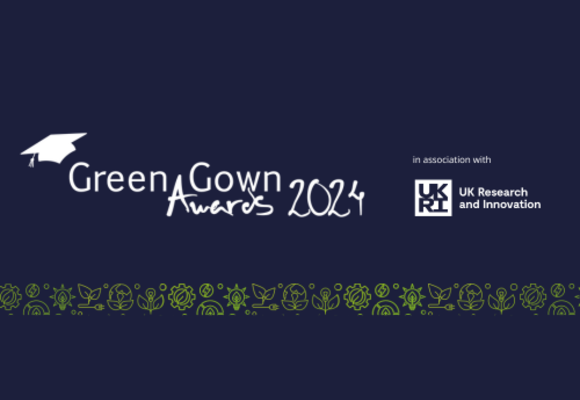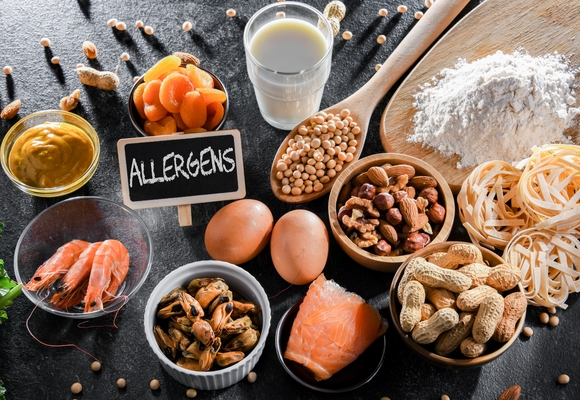Coeliac UK in collaboration with Innovate UK are launching a second research call to industry and researchers to make improvements for people living with the autoimmune condition, coeliac disease. Projects must underpin and support Coeliac UK's top ten research priorities, for example:
- improving diagnostics for coeliac disease, refractory coeliac disease and/or gluten related neurological conditions
- developing tools for the long term management of coeliac disease
- enhancing the quality of staple gluten free food
Total project costs can range from £50k to £250k and researchers and businesses can jointly apply for a share of the funding up to the maximum £180K available. Applicants can find out more about this competition at: www.coeliac.org.uk/innovateuk and must apply by the closing date: 16 September 2019, 10:00 (GMT+1).
Hilary Croft, CEO of Coeliac UK said: “We want to change the course of coeliac disease treatment through improved diagnostics, technology and food innovations that truly bridge the gap between people, health professionals and products. Research has the power to do this and by combining forces with Innovate UK and industry, our charity demonstrates its unwavering commitment to the UK’s growing gluten free community.
Kathryn Miller, Innovation Lead for Food and Nutrition at Innovate UK, said: “It’s fantastic to be working with charities such as Coeliac UK to promote innovations that will have a real, positive impact on people’s lives. Innovate UK has long supported businesses innovating in the areas of healthcare diagnostics, digital support and enhancing nutritional quality of foods, themes already supported through joint Coeliac UK / Innovate UK funding awarded earlier this year.”
Earlier this year, three projects based in Birmingham, Newcastle and Edinburgh, were awarded Coeliac UK / Innovate UK grants from the first joint research call. Including the contribution from industry, a total £750k was committed to research.
- A new test to provide a less invasive way of diagnosing coeliac disease that may not rely on someone having to eat ongoing amounts of gluten if they have already adopted a gluten free diet.
- Development of three new plant proteins derived from crops, which are underused in the UK: rapeseed cake, faba beans and naked oats, to help improve the ingredients used in gluten free bread.
- Software innovation to help in the ongoing management of coeliac disease, so that those who need additional care receive access to crucial support when they need it and those living well can receive the assurance of being clinically followed up without the inconvenience, time and cost of hospital appointments.










